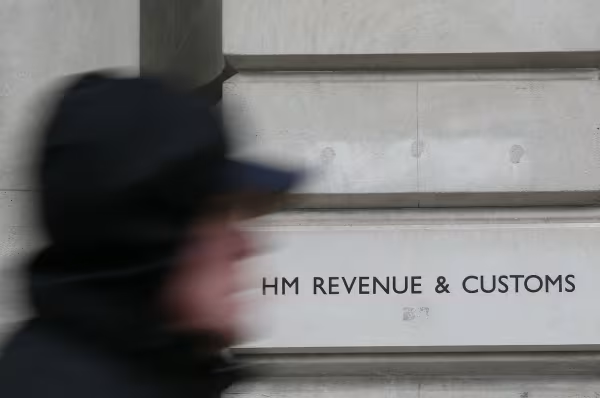What Is the Penalty for HMRC Crypto Tax Evasion?
Cryptocurrency has revolutionized finance, but it has also introduced complexities in taxation. In the UK, HM Revenue and Customs (HMRC) treats cryptoassets like Bitcoin, Ethereum, and Dogecoin as taxable assets. Failing to report crypto-related income or gains can lead to severe penalties.
Understanding HMRC’s Approach to Crypto Taxation
HMRC’s stance on cryptocurrency taxation is clear: cryptoassets are subject to the same tax rules as traditional assets. This means:
- Capital Gains Tax (CGT): Applies when you sell, exchange, or gift cryptoassets.
- Income Tax: Applies to crypto received from employment, mining, staking, or airdrops.
From January 2026, under the Cryptoasset Reporting Framework (CARF), crypto service providers must collect and report personal details of users to HMRC. Failure to comply can result in penalties of up to £300 per user.
Penalties for Non-Compliance
1. Financial Penalties
- Failure to Provide Information: A fixed penalty of £300 for non-disclosure or inaccurate reporting.
- Daily Penalties: Up to £60 per day for continued non-compliance.
2. Interest and Backdated Tax Bills
HMRC may charge interest on unpaid taxes and issue backdated tax bills, increasing the total amount owed.
3. Criminal Prosecution
Deliberate tax evasion can lead to:
- Summary Conviction: Up to six months in prison and a fine up to £5,000.
- Serious Cases: Up to seven years in prison and an unlimited fine.
Providing false documentation to HMRC can result in a fine of up to £20,000 or a six-month prison sentence.
The Role of Crypto Service Providers
From January 2026, crypto service providers must collect personal details from users and report transactions to HMRC. Failure to comply can result in penalties of up to £300 per user.
Professional service firms, such as accountants and financial advisers, can also face prosecution under the Criminal Finances Act 2017 if they fail to prevent tax evasion facilitated by their clients.
Steps to Ensure Compliance
- Keep Detailed Records: Maintain comprehensive records of all crypto transactions.
- Report Accurately: Ensure all crypto-related income and gains are accurately reported in your Self Assessment tax return.
- Seek Professional Advice: Consult with a tax professional experienced in crypto taxation.
- Stay Informed: Regularly check HMRC’s guidance on crypto taxation.
Frequently Asked Questions (FAQs)
What is the penalty for HMRC crypto tax evasion?
Penalties for HMRC crypto tax evasion can include fines up to £300 for non-disclosure, daily penalties of up to £60 for continued non-compliance, backdated tax bills with interest, and potential criminal prosecution leading to imprisonment and unlimited fines.
How can I avoid penalties for HMRC crypto tax evasion?
To avoid penalties, ensure all crypto-related income and gains are accurately reported in your Self Assessment tax return, maintain detailed records of all transactions, and seek professional advice if needed.
Are crypto service providers responsible for reporting to HMRC?
Yes, from January 2026, crypto service providers are required to collect personal details from users and report transactions to HMRC. Failure to comply can result in penalties of up to £300 per user.
Conclusion: Navigating the Future of Crypto Taxation
As the cryptocurrency landscape evolves, so does HMRC’s approach to taxation. The introduction of the Cryptoasset Reporting Framework in January 2026 marks a significant step towards enhanced transparency and compliance. Individuals and businesses involved in crypto transactions must stay informed and proactive to avoid severe penalties. By maintaining accurate records, reporting income and gains promptly, and seeking professional advice, taxpayers can navigate the complexities of crypto taxation with confidence.

